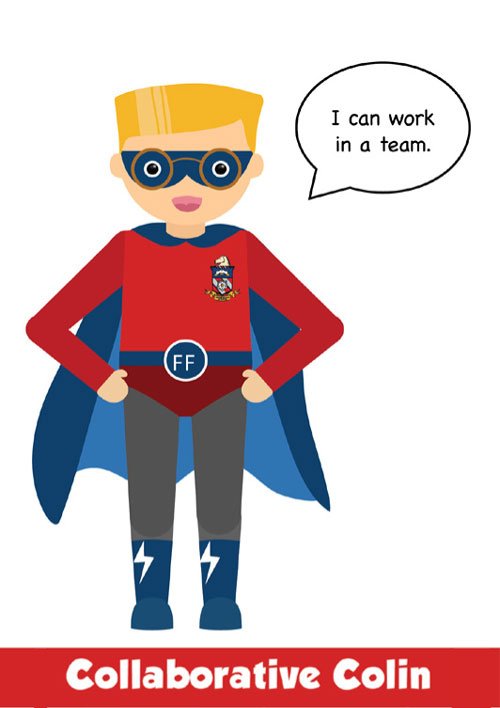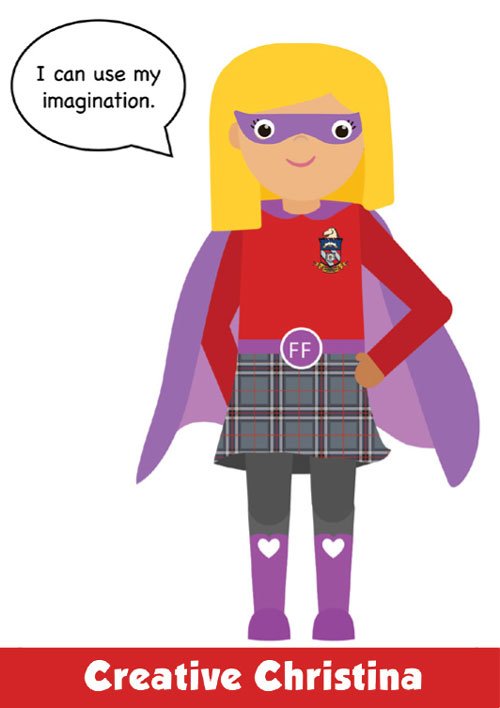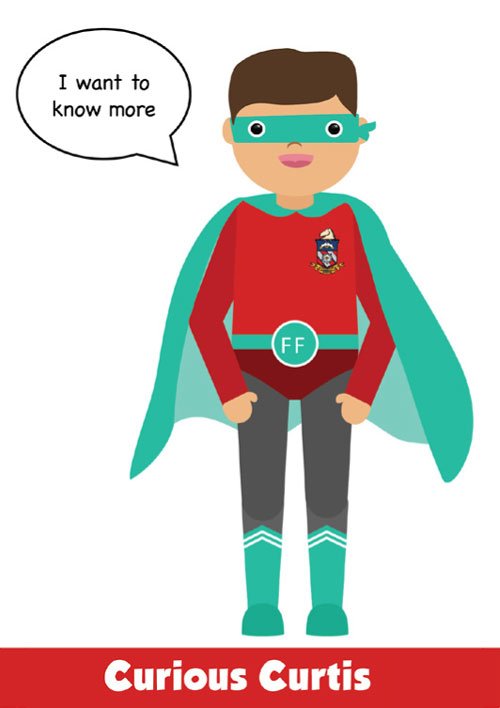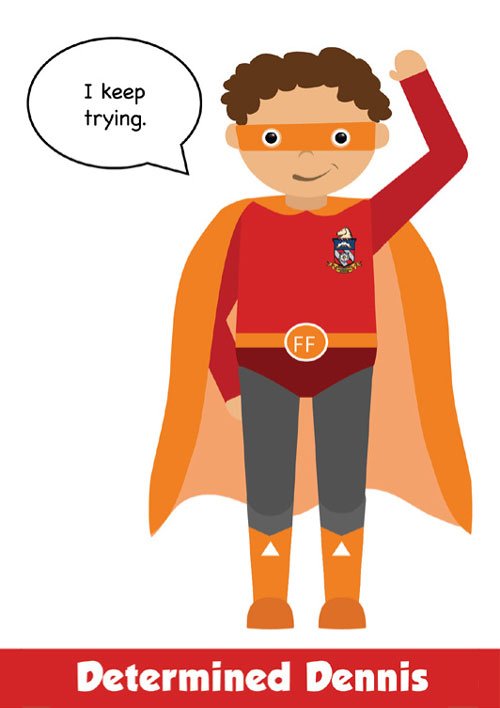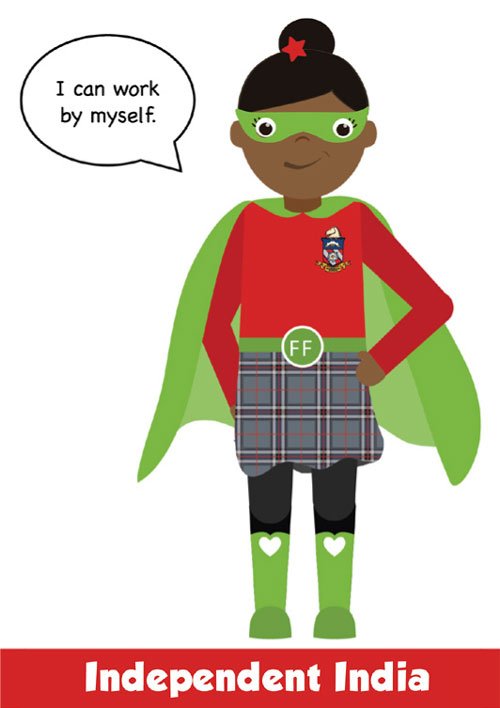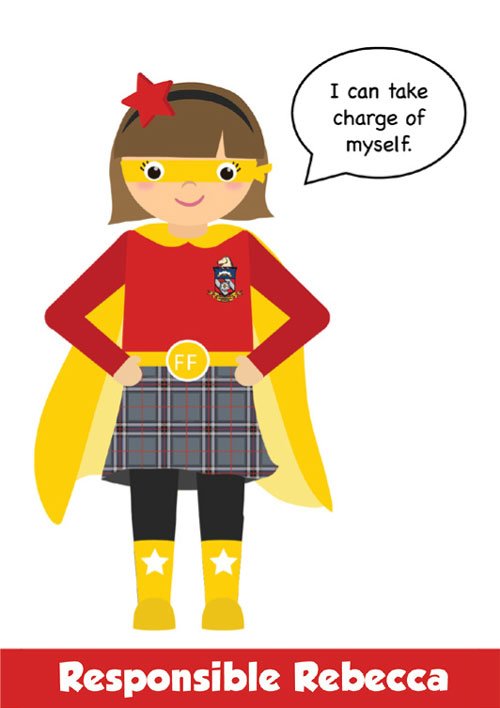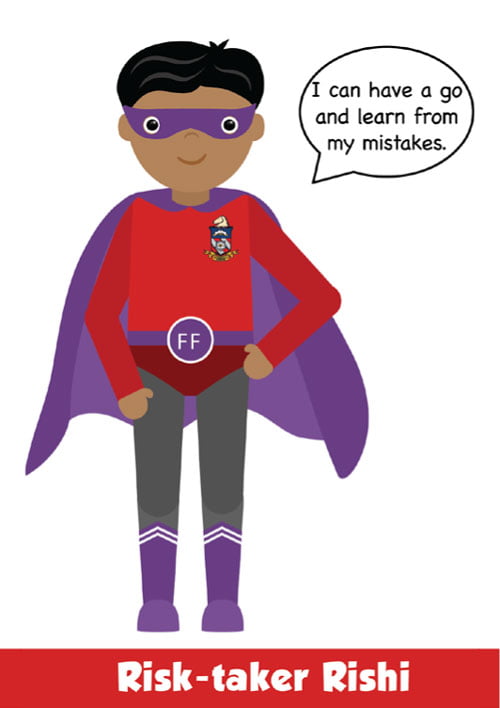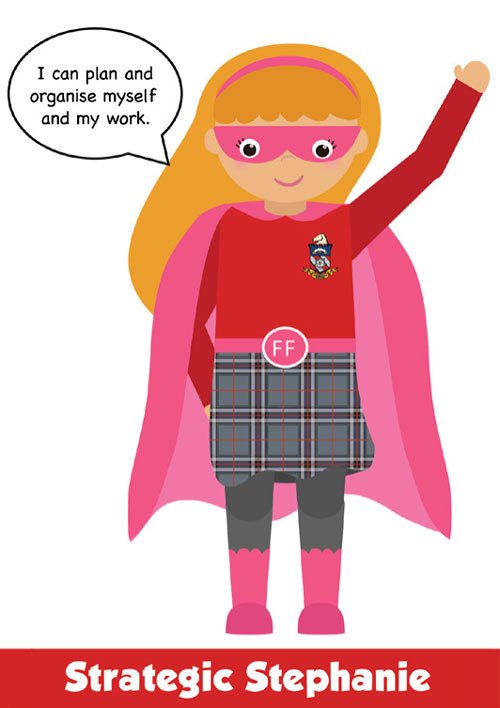28 September 2018
It can be challenging for very young children to understand and empathise with their peers; the concept of ‘walking a mile in someone’s shoes’ requires higher order thinking skills. Young children are generally ego-centric and inclined to think about themselves and their own needs.
Many of our friendship and playground squabbles are a direct result of a lack of empathy between children. When staff intervene in these fall-outs, we focus on resolving the situation through acknowledging the impact of the negative behaviour on the feelings of the other child; helping the children to understand that their actions have consequences e.g. ‘How do you think Billy felt when you snatched the ball from him?’ rather than ‘Don’t snatch the ball. It’s not nice.’
Developing a sense of empathy is an important developmental process and the benefits can flow through into adult life. Evidence shows that empathetic adults may experience:
- greater personal and professional success
- higher levels of happiness
- an ability to understand and relate to co-workers or clients
- more satisfying relationships
- improved skills in conflict resolution
- lower levels of stress
Modelling empathetic behaviours is so important; children learn so much about social behaviour from watching the adults around them. As Maya Angelou said: ‘People will forget what you said, people will forget what you did, but people will never forget how you made them feel.’

